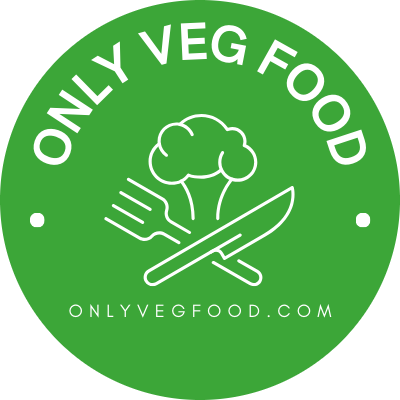Common Concerns About Plant-Based Diets and How to Address Them
Plant-based diets, including vegetarian and vegan variations, are becoming increasingly popular due to their potential health benefits, environmental impact, and ethical considerations. However, some common concerns arise when venturing into this dietary style. Here are some of the most frequent worries and how you can address them:
1. Nutrient Deficiencies:
- Vitamin B12: This essential vitamin is primarily found in animal products. Vegans and some vegetarians are at risk of deficiency, which can lead to neurological problems.
- Solution: Take a B12 supplement or choose fortified foods like plant-based milk and cereals.
- Iron: Plant-based iron is less readily absorbed than heme iron from meat.
- Solution: Include good sources of plant-based iron like lentils, beans, tofu, and dark leafy greens. Enhance absorption by pairing iron-rich foods with vitamin C sources like citrus fruits or bell peppers.
- Calcium: Some people worry about meeting their calcium needs without dairy.
- Solution: Include calcium-rich plant-based foods like leafy greens, fortified plant-based milk, tofu, and almonds. Consider a calcium supplement if needed.
- Omega-3 fatty acids: These essential fats are crucial for heart health and brain function. While they are primarily found in oily fish, some plant sources offer alternatives.
- Solution: Include sources like flaxseeds, chia seeds, walnuts, and algae oil. Choose fortified foods like plant-based milk or eggs.

2. Protein Sufficiency:
Many believe that plant-based diets lack sufficient protein. However, a variety of plant-based foods provide ample protein.
- Solution: Include protein-rich plant sources like legumes (beans, lentils, chickpeas), tofu, tempeh, seitan, nuts, seeds, and whole grains.
3. Social and Practical Challenges:
Some people worry about social and practical difficulties when transitioning to a plant-based diet.
- Solution:
- Connect with other plant-based individuals: Join online communities, attend support groups, or find friends who share your dietary choices.
- Plan and prepare your meals: This helps ensure you have healthy and delicious options readily available.
- Educate yourself: Learn about plant-based nutrition and cooking through books, websites, and online courses.
- Communicate your needs: Inform friends, family, and restaurants about your dietary preferences.
4. Cost Concerns:
Some believe that plant-based diets are more expensive. While some specialized products can be costly, a well-planned diet can be affordable.
- Solution:
- Focus on whole grains, legumes, fruits, and vegetables: These are typically less expensive than processed foods and meat alternatives.
- Buy in bulk: Purchase staples like dried beans and grains in bulk for significant savings.
- Plan your meals: Planning helps reduce waste and impulse purchases.
- Cook at home: Eating out can be expensive. Cooking at home allows for more control over ingredients and costs.
Remember: Consulting a registered dietitian or qualified nutritionist can help personalize your plant-based diet to ensure you meet your individual needs and address any specific concerns you may have.
